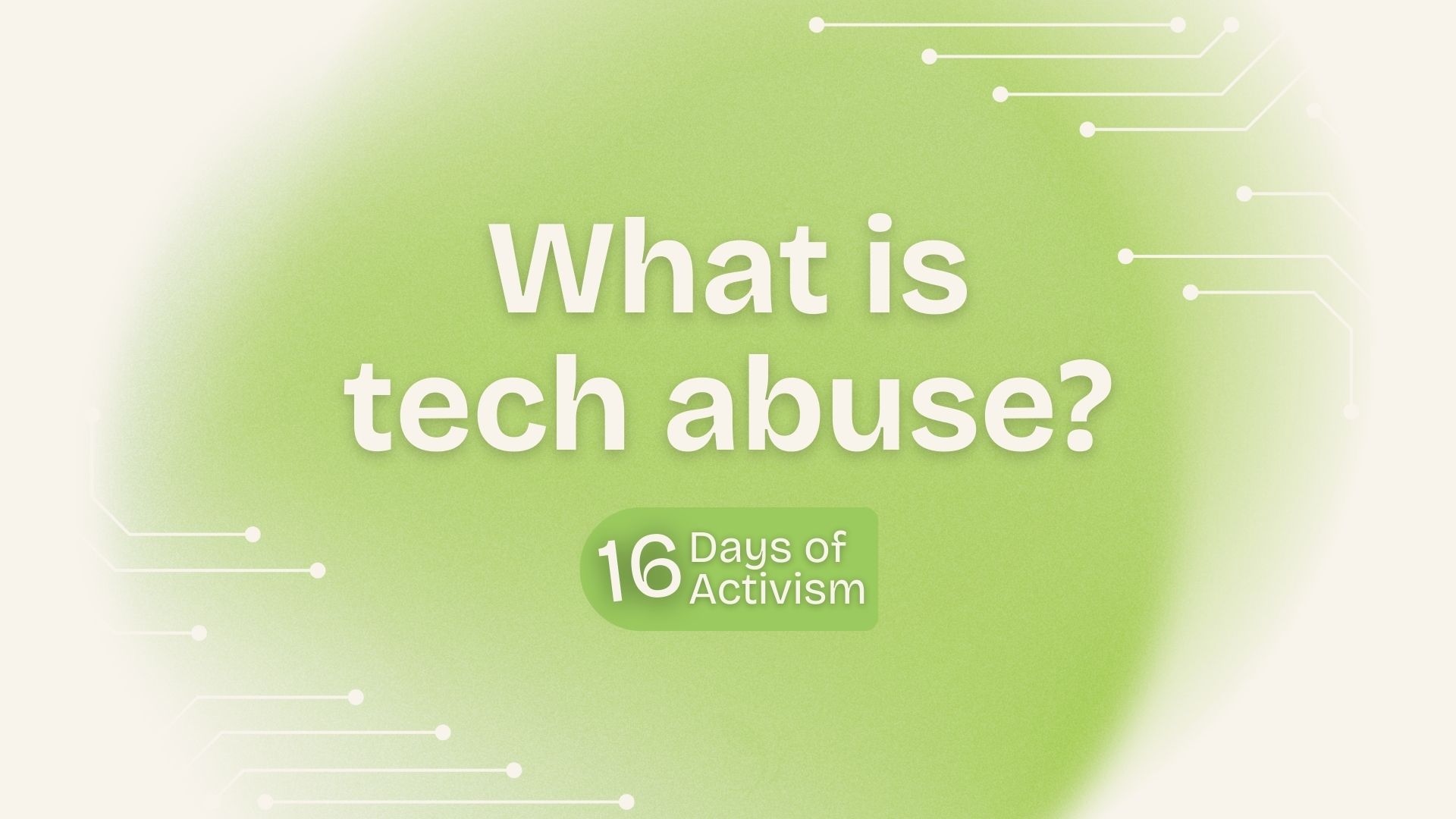Fight, Flight or Freeze - What Would a Gingerbread Man Do...?
.jpg)
It’s Wednesday! Halfway through the week!
How are you feeling today?
The Children and Young Person’s Team have all ‘checked-in’ with themselves and reported a mixture of feelings today – hopeful, confident, discouraged, frustrated and thoughtful. As a team, we try to check in with how we feel everyday – making an effort to understand our emotions without being too hard on ourselves, can be really valuable in helping us manage them better and as a result we can find it easier to cope with situations, so stick with it.
How did you get on with the safe space exercise yesterday?
I hope it was a useful strategy – if not immediately but one you can use at any time. It can feel really difficult to be the emotionally available adult when you are using all your resources to just get through the day. Emotions can feel overwhelming when we experience them so some immediate strategies such as this one can be helpful.
These emotions can be so powerful that they trigger our fight/flight response and that’s when worrying and frightening thoughts start to race around in loops in our heads. So today I want to show you an activity you and your child can do together to help build connectedness.
I know many of you will be familiar with the fight/flight, freeze response (sometimes just referred to as fight/flight) but in a nutshell this response is triggered when we perceive there is increased risk of threat or danger – the body activates the fight, flight or freeze response for survival. When this is triggered, it makes learning new information and concentrating on anything really difficult as you are consumed with just trying to stay safe. You may be experiencing strange physical feelings since lockdown started or even before – by being aware of these sensations can help us to manage during these difficult times.
Our team encourages children, young people and their parents to learn more about the fight, flight, freeze response. Here are links to support you – the first one is for older children and the second one is for younger children:-
Right, get loads of colouring pens and felt tips ready.
Now, copy this drawing of a gingerbread man or print one out of you prefer. Have one for you and one for each of your children.


Get yourself and the children settled and ready to use their imagination! Ask everyone to imagine they are in a wood and walking calmly along a beautiful path surrounded by beautiful trees. Suddenly they go around a corner and come face to face with a great big grizzly bear!
Using the pens and pencils ask everyone to draw or write on the gingerbread person what they are feeling in their body when they see that bear!
Would they begin to sweat? Would their body shake? Would their pupils dilate? Breathing get faster? Muscles tense? Heartbeat faster?
Now for the science bit - these are physiological responses to perceived danger and are designed to help us when our brain thinks we are in danger. Our brain releases hormones (mainly cortisol and adrenaline) that give us extra strength and energy to either run away, or fight, or freeze. All the areas shown in this diagram can be affected…

The Children’s Team think it really can help us if we have some understanding of what’s happening in our bodies and use this activity often with the families we support. To help us manage these feelings the Team use what we call grounding techniques, here are the ones we use every day to help keep us feeling safe in our bodies:-
- Wiggle your fingers
- Tap your feet
- Cuddle your favourite stuffed toy
- Hold an ice cube and let it melt in your hand
- Take a look outside, count the number of trees you can see
Remember – this situation is new to all of us, and we are all learning at our own pace – you are not superhuman – be kind to yourself!
Share Your Story With Us
Have we worked with or alongside you? Be among other survivors who have shared their valued and powerful stories
.png)



.png)